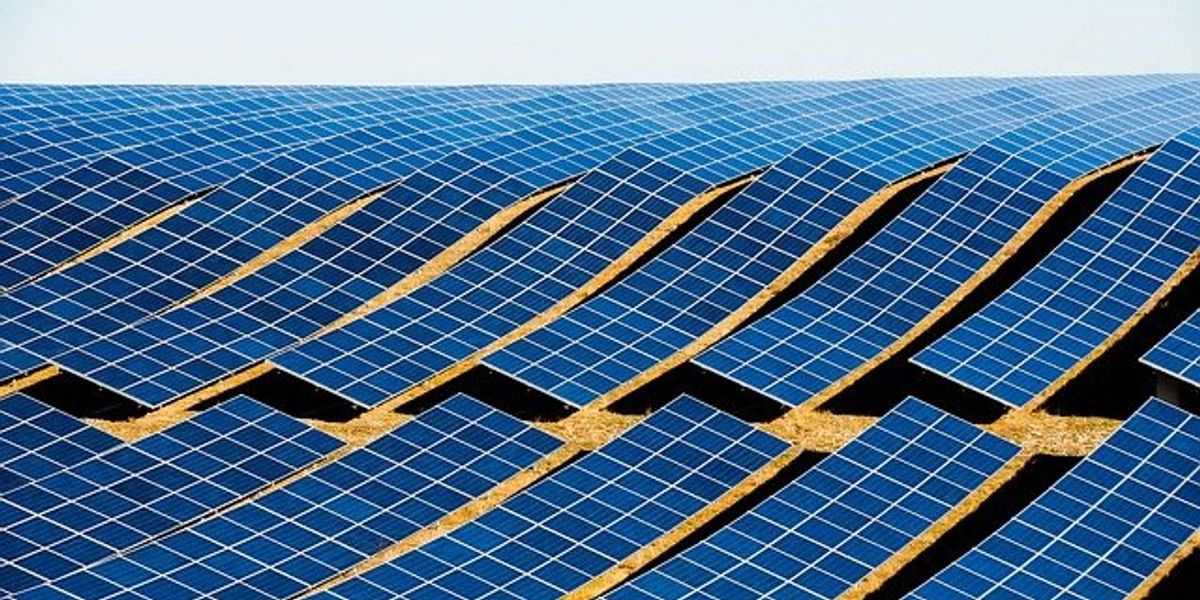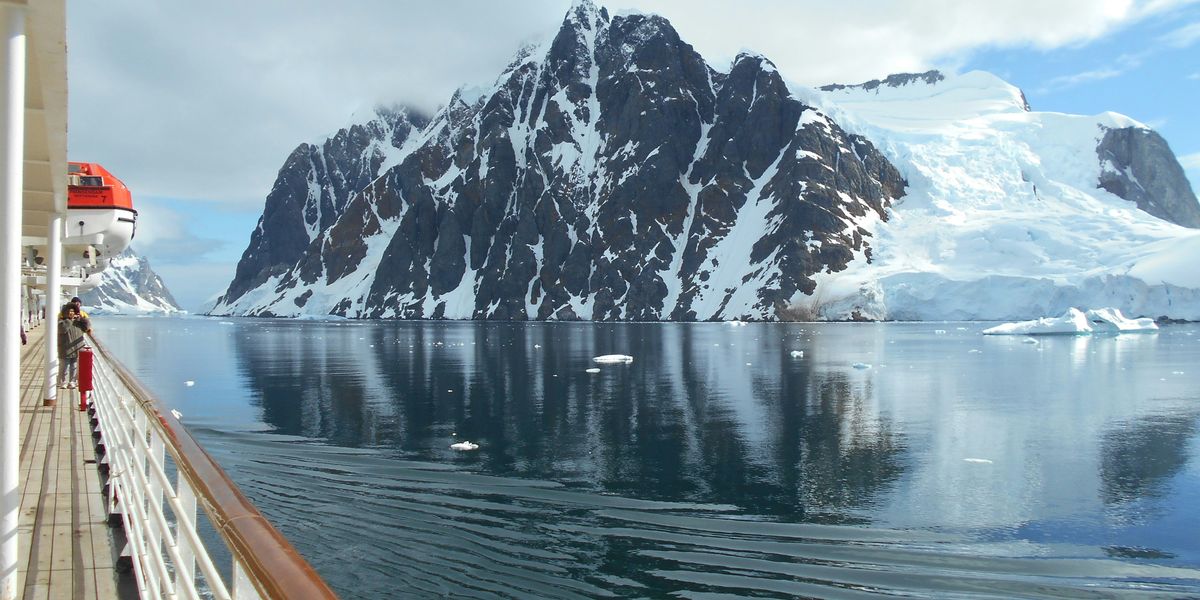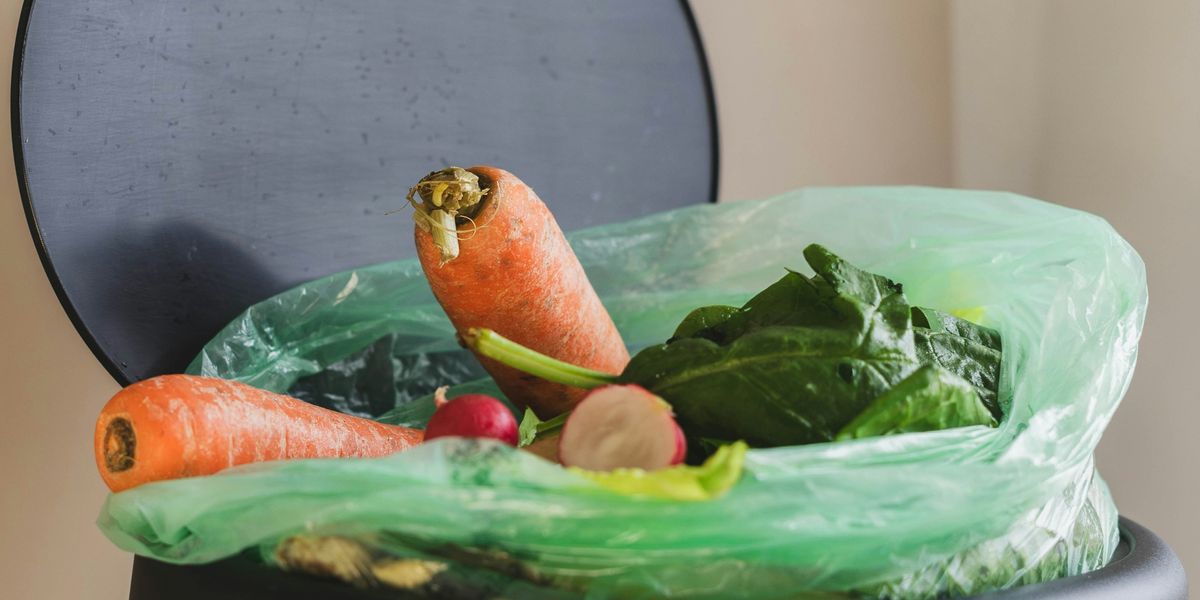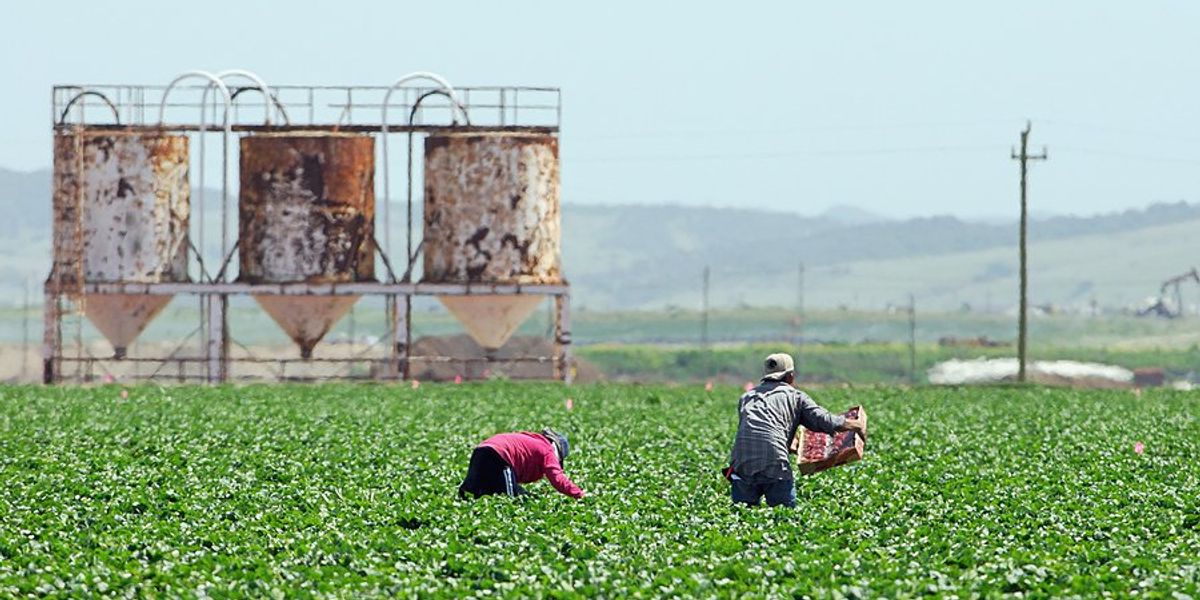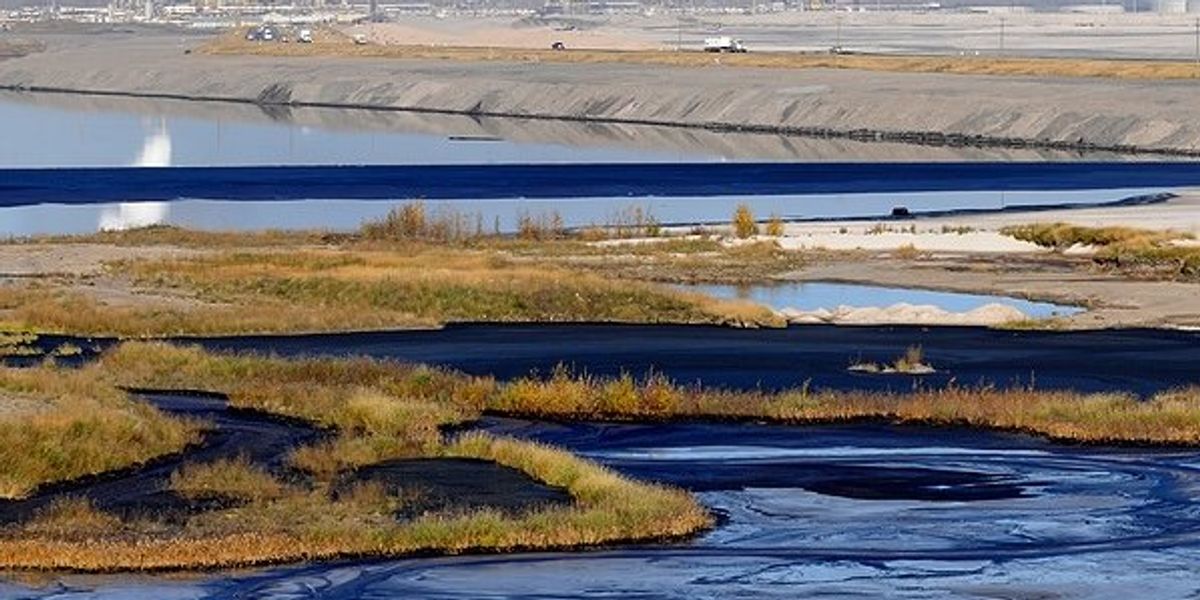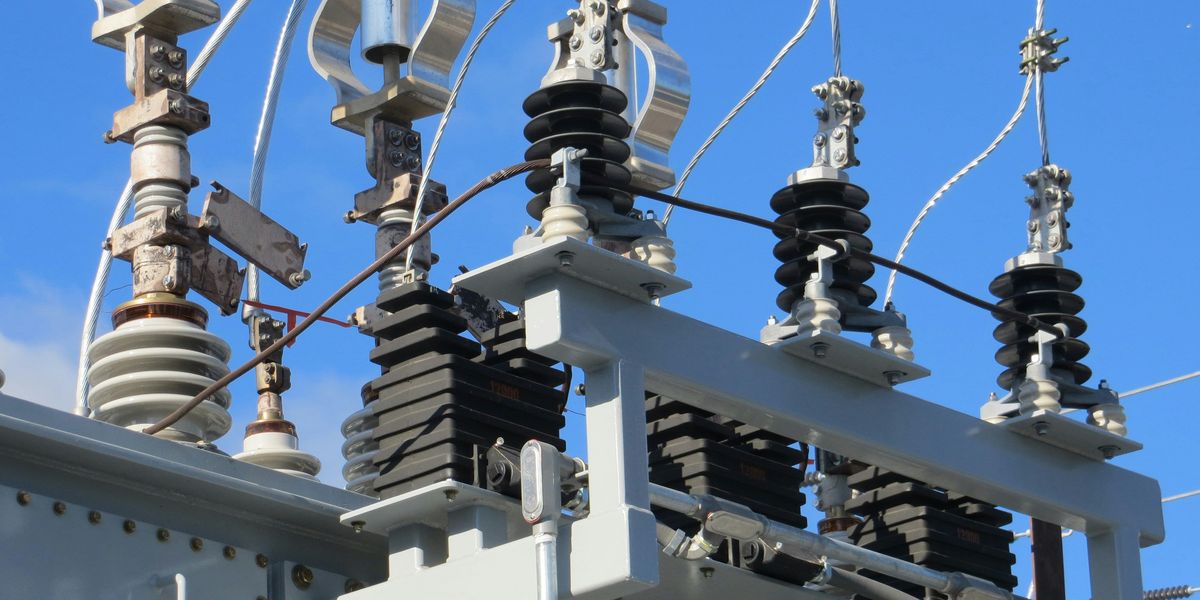
Energy company’s lobbying raises questions about its ties to Canadian officials
Documents reveal TC Energy cultivated close relationships with British Columbia officials to influence fossil fuel policy, raising concerns about transparency and corporate influence in public decision-making.
Matt Simmons reports for The Narwhal.
In short:
- Freedom of information requests show TC Energy engaged in casual, behind-the-scenes lobbying of senior B.C. officials, including Premier David Eby.
- The company sought meetings to align its goals with government policies, including on emissions caps and pipeline projects.
- Critics highlight the "revolving door" of lobbyists and officials moving between government and industry, questioning the influence of these relationships.
Key quote:
“Does maintaining those relationships across or between governments have an influence or impact? We can only say that it’s very likely. Industry wouldn’t do it if they didn’t think that it had an effect.”
— Nicolas Graham, postdoctoral fellow in the University of British Columbia’s sociology department
Why this matters:
TC Energy's extensive lobbying efforts underscore the challenges in maintaining transparency and accountability in public policy. The revolving door between government and industry raises concerns about fairness and whose interests are prioritized in decision-making.
Read more: TC Energy's secretive efforts to shape Canadian energy policies exposed

